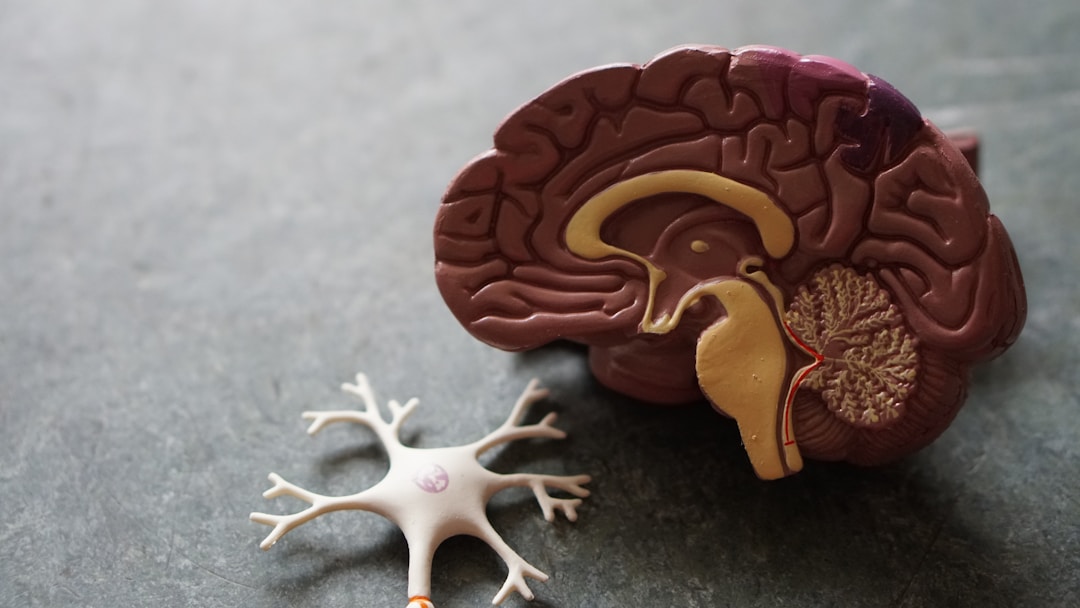No one wants to imagine themselves or someone they love developing dementia, but it is a risk that affects all of us as we grow older. Dementia can seem complex and is often poorly understood by those who don’t know anyone who has lived with the condition. However, it’s a good idea to learn more about it early so you can be aware of what signs and symptoms to look out for as you get older. One question many people have is how they can tell if they’ll develop dementia or if it’s a guarantee that they’ll develop it one day. If you want to learn more, read on to find out if everyone gets dementia as they age.
Does everyone get dementia as they age?

Many people wonder if all of us will go through the stages of dementia as we get older. The truth is that symptoms of dementia are not inevitable, and most data suggests that the majority of people will not experience dementia as they get older. If you’re worried about your risk for developing dementia or notice early signs of dementia in yourself or a loved one, the best thing to do is to make an appointment to see a doctor to talk about your concerns.
The symptoms of dementia can vary depending on the patient, and some cases are more severe than others. Some examples of cognitive changes that can be caused by dementia include memory loss, difficulty communicating, reduced visual and spatial abilities, inability to handle complex tasks, decreased problem-solving ability, confusion, and disorientation. Psychological changes may involve changes in mood or personality, inappropriate behavior, paranoia, agitation, hallucinations, depression, and anxiety.
One thing a lot of people don’t realize is that dementia comes in many forms. The term “dementia” is used to refer to the symptoms that affect cognitive and social abilities severely enough to affect an individual’s ability to perform essential daily tasks. It isn’t one specific disease but rather a collection of diseases that cause the condition of dementia. Though dementia is typically seen in older adults, it can occasionally affect people in their 30s, 40s, and 50s.
What is Alzheimer’s disease, and how does it work?

Alzheimer’s disease is the most common form of dementia in the United States and around the world. It is a progressive neurological disease that causes the brain to atrophy, which leads to cell death. It is estimated that approximately 5.8 million people in the United States live with Alzheimer’s disease, with 80 percent of cases occurring in those over 75 years of age. There are also a number of programs and services that are aimed at helping Alzheimer’s patients and their caregivers maximize their quality of life and providing them with resources and emotional support.
There is no cure for Alzheimer’s disease at this time, but that doesn’t mean there aren’t treatments that are worth exploring. Certain medications can delay the progression of the disease and help manage symptoms. However, there is no treatment that can change the fundamental disease process in the brain. In advanced stages of the disease, death is typically caused by complications from severe loss of brain function, like dehydration, malnutrition, and infection.
As you can see, dementia is a complicated neurological disorder, which can be connected to several different diseases. Alzheimer’s disease is the most common type of dementia, but it can be associated with other conditions, too. Though you should always be vigilant about possible symptoms of dementia, it’s important to keep in mind that most people will not develop the condition at any point in their lives. Though you shouldn’t allow yourself to become paranoid, that doesn’t mean it isn’t smart to stay informed about dementia so you can help yourself or your loved ones in the event that someone receives a diagnosis later in life.

